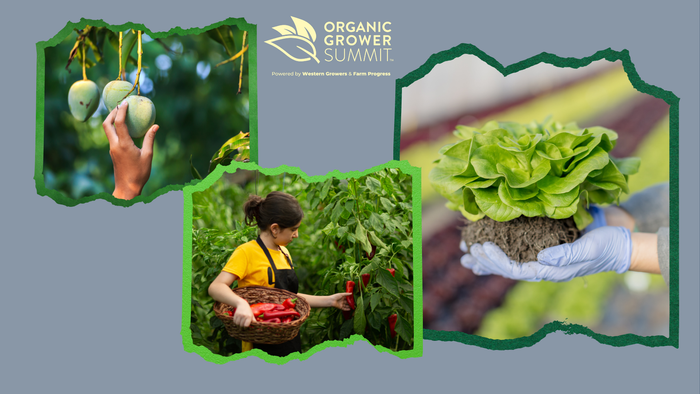September 11, 2009

Sweeteners made from the stevia plant are expected to reach about $700 million in sales within the next five years, according to a new report by Rabobank, a food and agribusiness financial institution based in the Netherlands.
That news is like music to Jim May’s ears because he is the founder of Gilbert, Ariz.-based Wisdom Natural Brands, the maker of stevia SweetLeaf Sweetener. May also recently received a letter from the U.S. Food and Drug Administration, recognizing SweetLeaf’s GRAS (generally recognized as safe) status.
The FDA approved Reb A (steviol glycoside rebaudioside A) as a food additive in December 2008. It’s being used in a variety of products, including fruit juices, teas, enhanced waters and carbonated soft drinks. Stevia also has been associated with treating obesity, diabetes and high blood pressure.
May, who has been fighting to introduce his brand of the sweetener to the market place since the mid-1980s, sat down with Natural Foods Merchandiser to discuss the process that has culminated in SweetLeaf receiving GRAS recognition.
Q: What sets sweeteners made from stevia apart from other sweeteners?
A: Stevia is an all-natural, zero calorie product. Stevia has 300 times the sweetness of sugar. It comes from a plant and can be used in natural products.
Q: Describe your introduction to stevia.
A: I learned about the stevia plant in Paraguay. I first brought it to North America in 1982, and the FDA did everything it could to keep it out. GD Searle had invented aspartame and the FDA wouldn’t approve it, so the company hired Donald Rumsfeld to get it approved. The FDA denies it. But Rumsfeld sent lawyers to stop me.
Q: Who are your competitors?
A: We were the leading brand. Then, in 2007, Coke announced that it had plans to get approval for stevia. The Coca-Cola Company teamed up with Cargill and announced Truvia. Then Pepsi announced its development of PureVia.
Q: What’s the main difference between your product and other stevia sweeteners entering the market?
A: We’ve developed a process in which we use nothing but purified water. Everything is done by filtering the compounds. We’ve had food and beverages folks call us and ask us why ours tastes better.
Q: How did you obtain GRAS approval and what does it mean for your company?
A: If you are a big company, you can do all the studies, or you can have an outside group of independent scientists do the studies and that is what I did. They were all former FDA scientists, who created 1,700 pages of research and they determined how my product is different from the others. In March of 08, they said stevia SweetLeaf is GRAS, but I went a step further and hired another group and the second group also assured we were GRAS. We submitted the data to the FDA.
Q: What was your reaction to the FDA determination and how do you think it will shape the future?
A: I’m more than a little excited. Stevia can change the world. It’s natural and good for you. It’s good for your teeth. It kills bacteria in the mouth. In South America, the government is getting people involved in growing stevia and people are turning from manufacturing illegal drugs to growing stevia, which provides a good and safer living. It creates jobs, and it will hurt no one.
About the Author
You May Also Like
.png?width=700&auto=webp&quality=80&disable=upscale)



.jpg?width=700&auto=webp&quality=80&disable=upscale)
